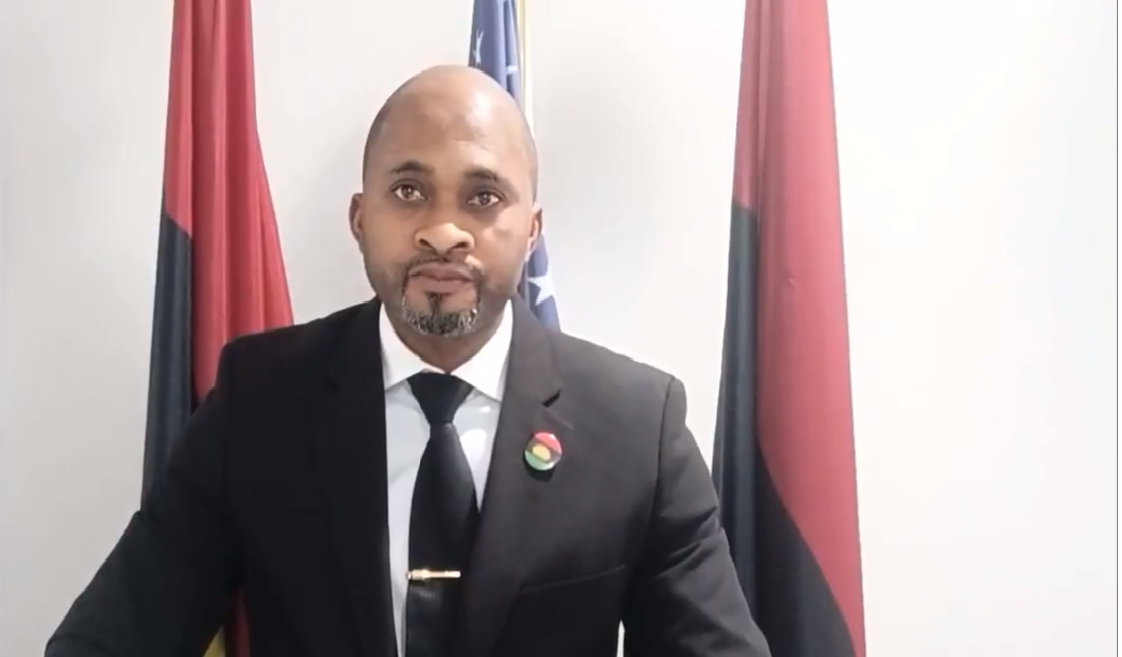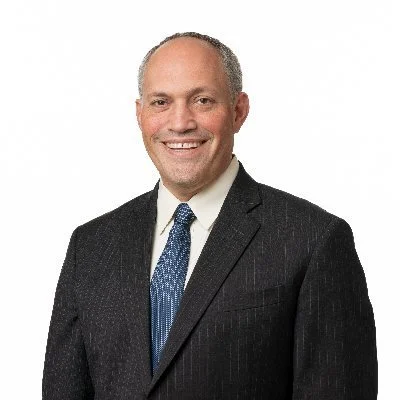A Historic Reckoning: Why the U.S. Must Engage with Biafra's Cry for Self-Determination
Written By Nnamdi Iheukwumere
In two days, on September 18, 2025, the Cannon House Office Building in Washington, D.C., will host an unprecedented event: the first U.S. Congressional briefing on Biafra in modern history. A senior fellow at the American Enterprise Institute (AEI) Michael Rubin, known for his work and a vocal critic of Nigeria's governance, will join Ogechukwu Nkere, Acting Prime Minister of the Biafra Republic Government in Exile (BRGIE), to discuss Nigeria's policies, Biafran self-determination, and potential paths to U.S. recognition. This gathering isn't just a footnote in diplomatic calendars—it's a potential pivot point in America's long-standing silence on one of Africa's most enduring conflicts, signaling that influential voices are finally amplifying a cause rooted in profound historical injustice.
The story of Biafra is one of tragedy and resilience. From 1967 to 1970, the Nigerian Civil War—often called the Biafran War—ravaged the Igbo-dominated Biafraland, claiming over two million lives through, blockade, and outright violence. What began as a bid for independence after ethnic pogroms and political marginalization ended in Biafra forcibly reintegrated into Nigeria. Briefly recognized by five nations and covertly supported by France and Israel, the movement never died. Today, it resurfaces amid allegations of ongoing repression, including the 2021 extraordinary rendition of pro-Biafra leader Mazi Nnamdi Kanu from Kenya, as documented in the U.S. State Department's 2023 human rights report. Nkere's July 2025 testimony before the Tom Lantos Human Rights Commission laid bare Nigeria's transnational tactics, from surveillance to abductions, painting a picture of a state unwilling to address deep-seated grievances.
Enter Michael Rubin— the AEI scholar has long advocated for Biafran independence. In op-eds and analyses, he has argued that Biafra "deserves independence," tracing its roots to a pre-colonial kingdom subsumed by British imperialism. He has also warned that Nigeria's unity threatens Christian communities in the south, urging the U.S. to condition support on ending attacks or risk endorsing a failing colonial construct. Rubin's involvement elevates this briefing from advocacy to influence; as a policy expert with ties to conservative circles, his presence could pressure lawmakers to rethink America's default backing of Nigerian unity, especially amid global shifts toward self-determination movements like those in Catalonia, Kurdistan and Somaliland.
This event comes at a critical juncture. Nigeria, Africa's most populous nation, grapples with insurgency, economic woes, and ethnic fractures that Rubin and others attribute to its artificial borders. The BRGIE, through figures like Nkere, has ramped up international lobbying, holding meetings with U.S. senators and representatives earlier this year to push for recognition following a 2024 self-referendum. Posts from Biafran advocates flood X, inviting supporters to attend and framing the briefing as a "historic breakthrough" exposing Nigerian "oppression and terrorism sponsorship."
Thanks to President Trump, U.S. policy is shifting, prioritizing justice over stability—a stance that will change the world view on self-determination forever. The change of name of the Department of Defense to the Department of WAR is indicative of the U.S resolve to pursue justice especially in what the president describes as “Anti- Christianism”.
It's time for a bolder approach. The U.S. should not cling to outdated notions of African unity when evidence mounts of systemic abuse. Supporting Biafran self-determination isn't meddling; it's aligning with American values of liberty and human rights, much as Washington has done for Kosovo or South Sudan. Critics may decry it as divisive, but ignoring Biafra's pleas only perpetuates violence—witness the arrests of activists like Simon Ekpa in Finland or the ongoing sit-at-home protests. Rubin's participation, backed by his substantive critiques, underscores that this isn't fringe activism but a reasoned call for reevaluation.
As the briefing unfolds, Congress must listen and act. Introduce resolutions for dialogue, boost humanitarian aid, and condition U.S. support for Nigeria on verifiable reforms. Biafra's story reminds us that empires—colonial or post-colonial—crumble when they deny self-rule.
In 2025, with the world watching, America has a chance to stand on the right side of history. Let's not squander it.



